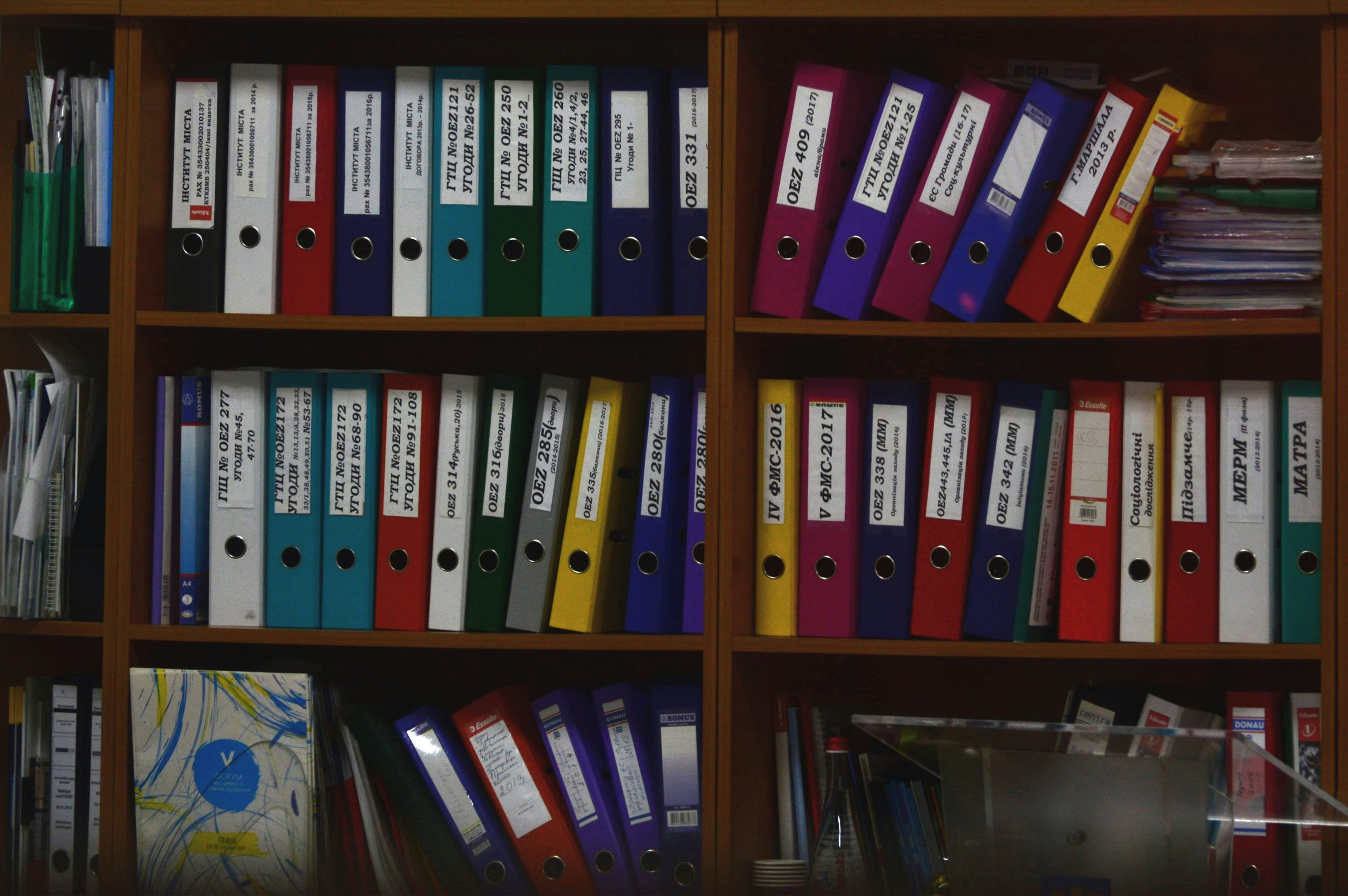NEW PARADIGM
Forum newsletter: Everyone is in favor of cutting bureaucracy – when it’s the others’ bureaucracy / Short Cut with Patrick Bernau, Georg Diez, and Johanna Sieben
From our Forum New Economy newsletter series
BY
THOMAS FRICKEPUBLISHED
24. OCTOBER 2025
Dear friends and colleagues,
There is something schizophrenic about the way Germans complain about bureaucracy. There are those who rail against the Greens’ regulatory zeal, yet immediately call their lawyer when a wind turbine isn’t built according to distance regulations. Or those who, with a libertarian tone, decry excessive laws during the day — only to call the police at exactly 10 p.m. when the neighbors are too loud on their terrace.
Then there are corporate leaders who spent years fighting strict environmental regulations and instead pushed for reporting requirements — only to complain now about the flood of reporting obligations. Or craftsmen who rail against bureaucracy but were the first to protest loudly when Chancellor Gerhard Schröder once abolished the master craftsman’s certificate — which was later reinstated.
No doubt, there is plenty of bureaucracy to be reduced. All the more important, then, to better understand what rules are actually for — what is truly useful and necessary, and what is not — beyond the mostly meaningless talk show clichés. Of course, bureaucracy is unpleasant for anyone affected by it. What matters is whether the benefits justify the effort — and what could be handled without rules. After all, some calls for deregulation are merely a pretext to push narrow interests — for instance, when it comes to rules like the minimum wage, which protects against the exploitation of an unequal power balance in the low-wage sector.
We will discuss how bureaucracy could really be reduced intelligently in our next New Economy Short Cut — with Patrick Bernau from the Frankfurter Allgemeine Sonntagszeitung, who has just published a book on the topic, as well as Georg Diez, Senior Advisor at ProjectTogether, and Johanna Sieben, Director of the Creative Bureaucracy Festival. The event will take place online on October 28 at 3 p.m. — you can register here .
*
Some of the most important contributions to the Berlin Summit in June have now been published in Intereconomics — including pieces by Adam Tooze on the fascinating precedent of Bretton Woods, by Ian Goldin on a new migration policy, by Robert Gold on new questions for populism research, and by Eric Lonergan and Isabella Wedl on a new positive climate policy.
Speaking of registration: On November 28, our Symposium will explore whether Germany’s large debt package can truly become an investment package for the country. Among the leading experts and practitioners taking part are the Chair of the Finance Committee and former Minister for Family Affairs Lisa Paus, the Mayor of Spremberg Christine Herntier, and Achim Truger from the German Council of Economic Experts. Register here .
Have a great weekend,
Thomas Fricke
This text is from our bi-weekly newsletter series. To subscribe, click here.
